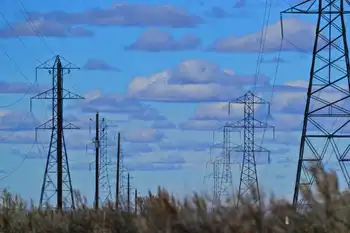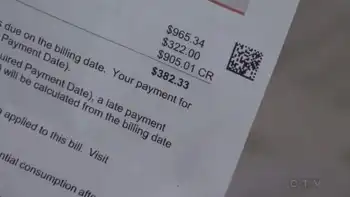Utility plans to build 300-megawatt unit
The Madison-based utility said that it prefers to build the unit at the coal-fired Nelson Dewey Generating Station in Cassville along the Mississippi River in southwest Wisconsin. Wisconsin law requires utilities to provide development alternatives to state regulators in order to give the Public Service Service Commission of Wisconsin a choice of sites.
Wisconsin Power also plans to add emission controls to the two existing coal-fired, 100-megawatt units at the Cassville plant. The added controls and generating unit would result in reduced emissions from the plant while boosting electricity generation by 150 percent.
The proposed generating unit is part of the utility's supply plan for 2006-2013, under which it now wants to build baseload generation by 300 megawatts and wind generation by 200 megawatts.
Wisconsin Power & Light had said it wanted to increase baseload generation by 250 megawatts and add 100 megawatts of wind power under the supply plan when it was announced in August.
Wisconsin Power has entered into a option-to-purchase agreement with Midwest Wind Energy, Chicago, for development rights to a wind farm Midwest Wind is planning for the towns of Eden and Empire, eight miles southeast of Fond du Lac. Midwest Wind has been working on developing the 40-turbine Cedar Ridge Wind Farm since 2004. When completed in 2007, it is expected to generate 80 to 95 megawatts of electricity.
Wisconsin Power & Light, a utility subsidiary of Madison-based Alliant Energy Corp., is also actively pursuing additional wind power purchase agreements and ownership possibilities in Wisconsin, Iowa and Minnesota for Wisconsin Power & Light customers.
The utility plans to file applications for a Certificate of Authority for construction of the wind farm and a Certificate of Public Convenience and Necessity for the baseload plant with the PSC later this summer, and will seek fixed-rate financing treatment for both facilities. At that time, the utility will provide updated project cost information.
Related News

New England's solar growth is creating tension over who pays for grid upgrades
BOSTON - Solar developers in Rhode Island and Massachusetts say soaring charges to interconnect with the electric grid are threatening the viability of projects.
As more large-scale solar projects line up for connections, developers are being charged upfront for the full cost of the infrastructure upgrades required, a long-common practice that they say is now becoming untenable.
“It is a huge issue that reflects an under-invested grid that is not ready for the volume of distributed generation that we’re seeing and that we need, particularly solar,” said Jeremy McDiarmid, vice president for policy and government affairs at the Northeast Clean Energy Council,…





